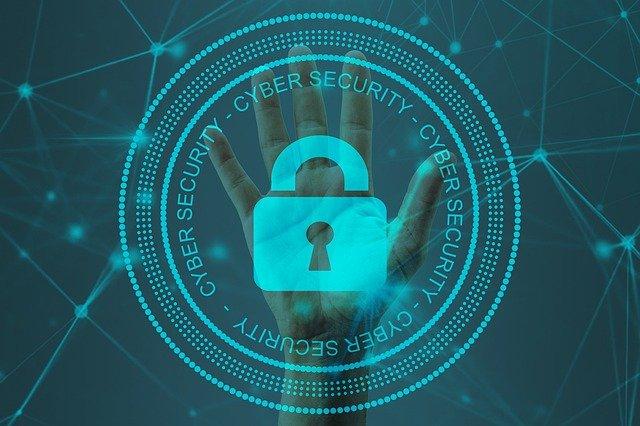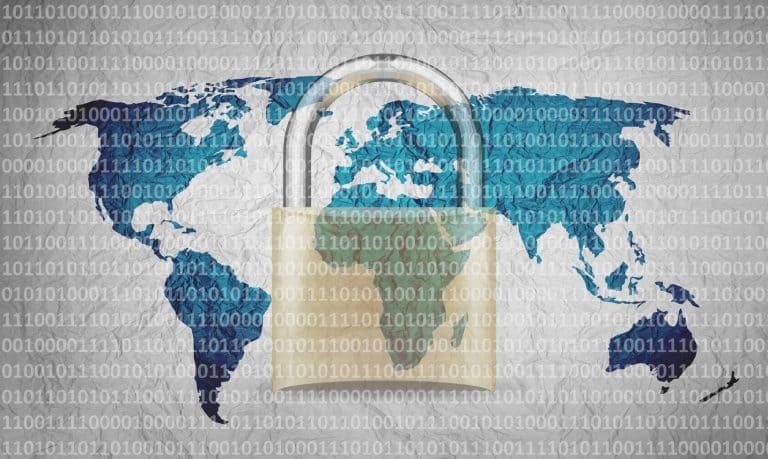Can Saved Passwords be Hacked?

Do you save your passwords so you don’t have to remember them?
Saving passwords is excellent, so you don’t have to take multiple tries to enter this and that password to log into an account. It can be challenging having to remember several or even dozens of passwords. This is why people save passwords, for no other reason than simple convenience.
However, you may also be concerned about your security. If you save your passwords, can they be hacked? Can criminals get into your system, steal your passwords, and they wreak havoc on your personal and financial life? Of course, the answer is yes − a good hacker can do nearly anything in this regard.
However, there are things that you can do to help your saved passwords stay safe. One thing is to use a high-quality password manager with great security features, something like Dashlane. This article will discuss saved passwords being hacked, mainly how to prevent your info from being stolen.
Can Saved Passwords be Hacked?
The short answer here is that yes, saved passwords can be hacked. Unfortunately, hackers are a smart bunch. With something as simple as a keylogger virus (and other malware) that records keystrokes, a hacker can gain access to your computer, your devices and record all of your passwords as you type them in.
Hackers can hack into password manager systems, they can hack into your devices, and they can compromise your internet connection. However, there are many methods for keeping yourself secure so that you don’t give hackers the chance to mess with you. Keep reading to find out the best ways to stay safe and to stop any hackers.
A Note on Browser-Based Password Managers – Apple & Microsoft
Since we are talking about saved passwords, it’s fair to talk about password managers. If you are going to use a password manager, the general consensus is that you want to use third-party apps like Dashlane or FastPass. Although you have to pay for most third-party password managers, they tend to be very secure.
OS-based password managers, such as Apple (Keychain) and Microsoft (Chrome password manager), save passwords and offer a small amount of protection. However, these password managing systems aren’t safe enough to use for your most vital information.
Preventing Passwords from Being Hacked – Top Tips
Let’s go over some of the main steps you can take to prevent a malicious thief from hacking your passwords and stealing your personal and banking information.
Not Saving Passwords
Ok, so this might be an obvious one, but the best way to stop your passwords from being hacked is by not saving them at all. If you have a good memory and you can recall multiple strong passwords off the top of your head, this is the best way to prevent hackers. As long as you have a secure home and trust the people you live with, writing passwords down on a slip of paper is always an option.
Creating Very Strong Passwords
The next thing you can do to stop passwords from being hacked is to create strong passwords. Never use dictionary words, don’t use birthdays, family members’ names, or anything a smart hacker could relate back to you. As the best password managers know, randomly generated passwords that consist of random number, letter, and symbol sequences are best.
Keeping Your Device Secure
Always use secure passwords for all your devices. Don’t make it easy for hackers to access your devices. Keep them secure, locked, and install good anti-virus and anti-malware software. Everything you can do helps.
Keeping Your Internet Connection Secure
As with your devices, keep your internet connection secure. Never ever use public networks. That shady character sitting behind you in Starbucks could be a hacker. Moreover, always use strong network passwords and protections too.
Using a Virtual Private Network
If you want to increase network security even more and remain anonymous, you can use a VPN.
Using a Third-Party Password Manager
The best way to keep your passwords safe is by using a third-party password manager. High-quality password managers, although you have to pay for them, are incredibly secure. They use state-of-the-art encryption, follow a zero-knowledge approach (all info is locally encrypted), use excellent password generators, and more.
Conclusion
The bottom line is that you shouldn’t save your passwords, or if you do want to, use a third-party password manager that comes with excellent security features for your internet connection and your devices.





